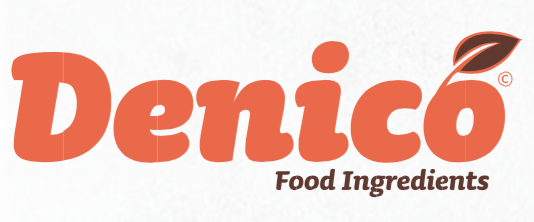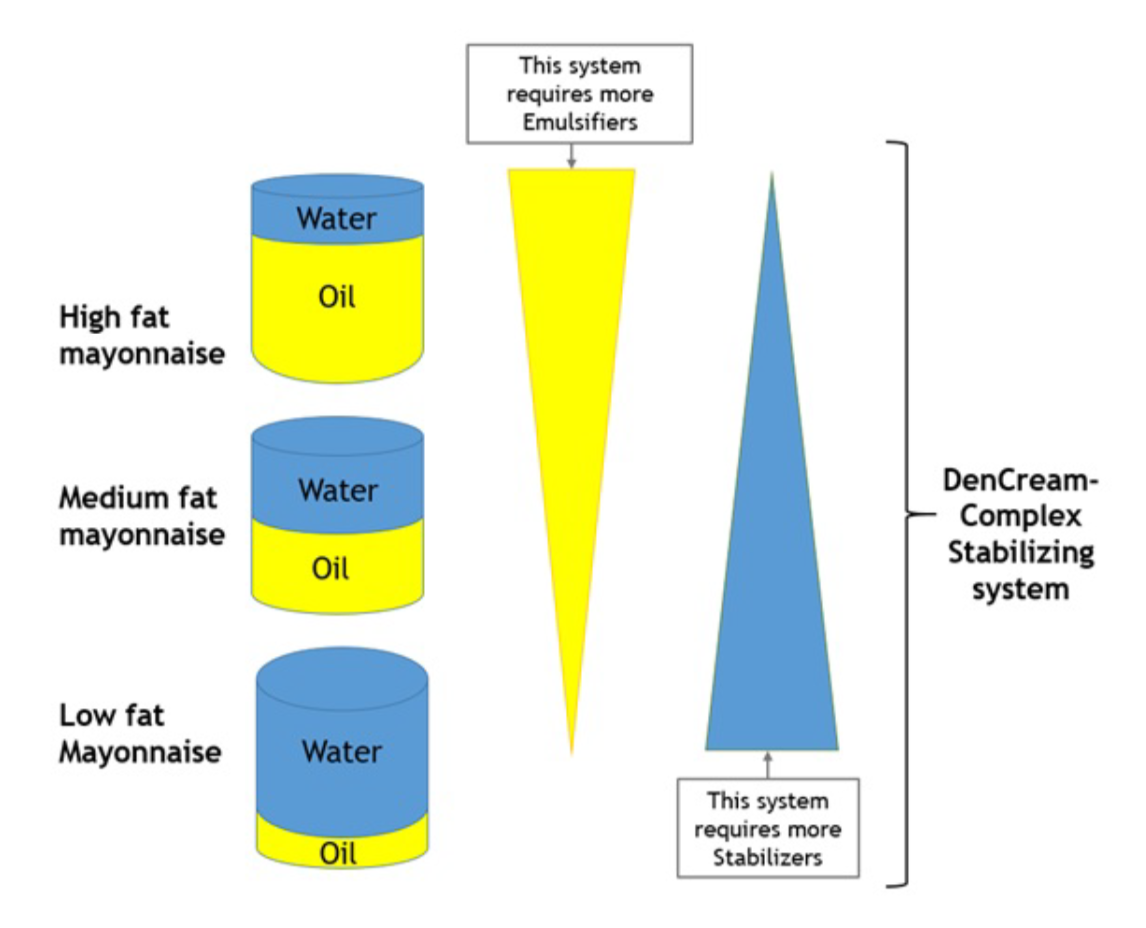Mayonnaise is a popular global condiment that is used to enhance the flavor and texture of many foods across the world. Traditionally oil, egg yolk and vinegar or lemon juices are used as the base ingredients in preparing mayonnaise with the emulsifying properties of egg yolk stabilizing the oil and water emulsion while preventing flocculation.
Although egg possesses various functional properties, egg also has its constraints due to its price volatility, high levels of saturated fat and cholesterol and the possibility of contamination with Salmonella which creates a food safety risk. Mayonnaise has usually been cited for health-related issues due to its high fat and cholesterol levels. Furthermore, animal products and animal agriculture have been coming under consumer scrutiny for their negative environmental impact and disease spreading potential (after COVID-19 this has become an even greater concern) which has led to growing demand for food products that are free from animal derivatives.
With consumers becoming increasingly health conscious and selective about which foods they consume the demand for plant-based food products is experiencing double digit growth levels and a new market for egg-free mayonnaise is waiting to be filled by innovative, and healthier brands in the GCC region who wish to capitalize on this opportunity.*
Benefits of Egg-Free Mayonnaise:
✅ Lower in saturated fat
✅ Lower in cholesterol
✅ More sustainable
✅ Plant-based (free of animal products)
✅ Suitable for vegans and Hindus
✅ Alternative for people with allergies to egg
(*Most Hindus also do not eat eggs which creates a captive new market of 3.24 million consumers for plant-based mayonnaise in the GCC.)

